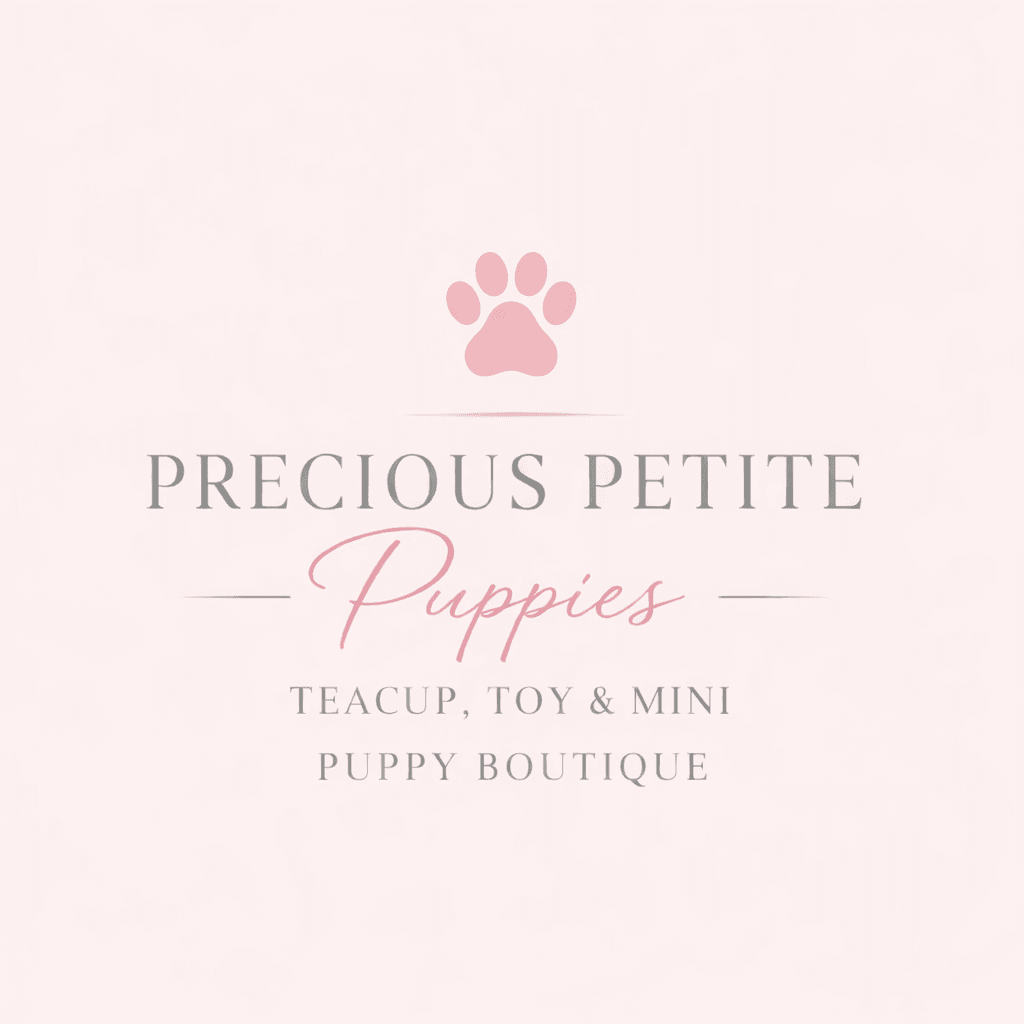Debunking Common Puppy Myths: What Every New Owner Should Know
PP
Understanding Puppy Behavior
Bringing a new puppy home is an exciting time, but it also comes with its fair share of challenges. Many new pet owners are often misled by common myths about puppy behavior. Understanding the reality behind these myths can help in raising a well-adjusted dog. Let's begin by exploring why puppies behave the way they do and what you can do to guide them.
One common misconception is that puppies misbehave out of spite. In reality, puppies are naturally curious and explore their world using their mouths and paws. This often leads to chewed-up shoes and messy rooms. Instead of attributing this behavior to malice, it's crucial to understand that puppies are simply learning and growing.

The Myth of Automatic Housebreaking
A widespread belief is that puppies will automatically learn to be housebroken with age. Unfortunately, this is not true. Housebreaking requires consistent training, patience, and positive reinforcement. Puppies need routine and guidance to understand where it's appropriate to relieve themselves.
Establishing a schedule for feeding and bathroom breaks is vital. Take your puppy out first thing in the morning, after meals, and before bedtime. Praise and reward them when they go in the right place. This positive reinforcement will help them associate good behavior with rewards.

Socialization: More Than Just Play
Another myth is that socialization is simply allowing your puppy to play with other dogs. While play is an essential part of socialization, it also involves exposing your puppy to different environments, people, and experiences. This helps them grow into confident, well-behaved adults.
Introduce your puppy to various sounds, sights, and smells. Take them on walks in different settings and allow them to interact with friendly strangers. Proper socialization can prevent behavioral issues and fear-based reactions in the future.

The Truth About Puppy Diets
Many new owners believe that all puppies can eat the same food as adult dogs. However, puppies have different nutritional needs. They require a diet rich in protein and essential nutrients to support their rapid growth and development.
Consult with your veterinarian to choose the right food for your puppy's breed, size, and age. Avoid giving them table scraps or foods toxic to dogs, such as chocolate, grapes, and onions. Providing a balanced diet will help ensure they grow healthy and strong.
Puppies and Training: It's Never Too Early
Some believe that puppies are too young to train. In reality, training should begin as soon as you bring your puppy home. Early training establishes good habits and strengthens the bond between you and your puppy.
Start with basic commands like "sit," "stay," and "come." Use positive reinforcement techniques such as treats and praise to encourage compliance. Early training not only helps in managing behavior but also sets the foundation for advanced training in the future.

Conclusion: Embrace the Journey
Debunking these common puppy myths is key to setting realistic expectations and providing the best care for your new furry friend. Remember, patience, consistency, and love are your best tools in raising a healthy, happy puppy. Each puppy is unique, and understanding their individual needs will foster a rewarding relationship that lasts a lifetime.
